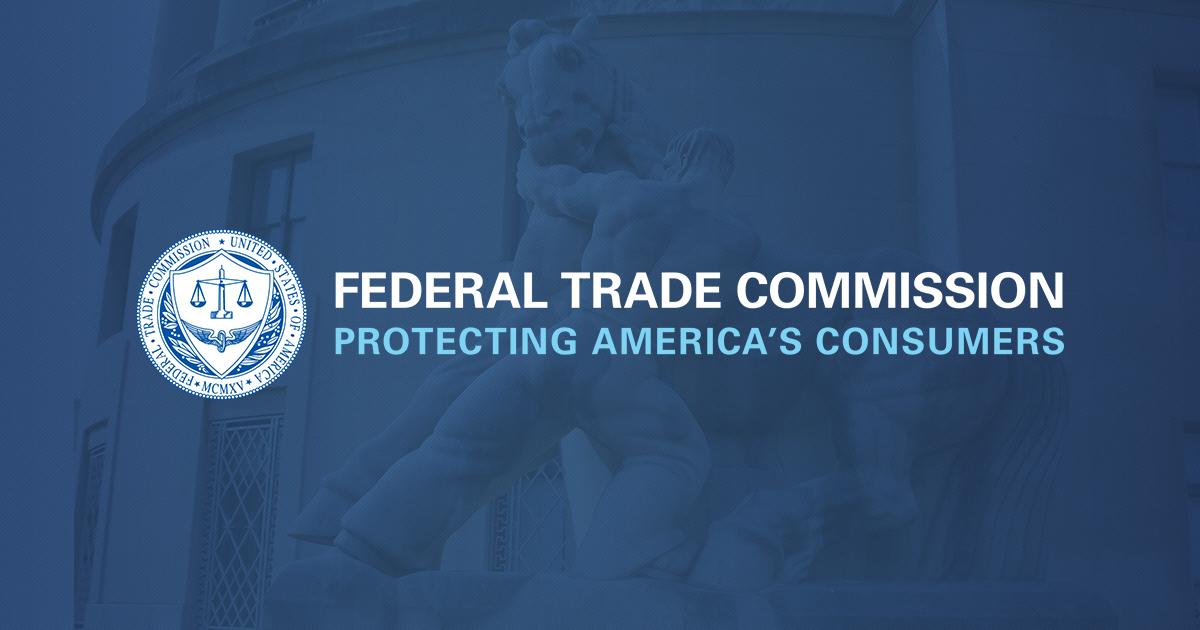Mars Petcare U.S., Inc., has agreed to settle Federal Trade Commission charges that it falsely advertised the health benefits of its Eukanuba brand dog food. Specifically, the FTC alleges that the company claimed, but could not prove, that a 10-year study found that dogs fed Eukanuba could extend their expected lifespan by 30 percent or more.
“Two-thirds of all Americans have pets at home, and they spend billions of dollars to ensure that their pets are healthy and well-fed,” said Jessica Rich, Director of the FTC’s Bureau of Consumer Protection. “Pet owners count on ads to be truthful and not to misrepresent health-related benefits. In this case, Mars Petcare simply did not have the evidence to back up the life-extending claims it made about its Eukanuba dog food.”
According to the FTC’s complaint, in 2015, Mars Petcare ran ads for Eukanuba on television, in print, and on the Internet, claiming that the dog food could increase the longevity of dogs’, based on a 10-year study of dogs that were fed Eukanuba and implying that the increase in lifespan was 30 percent or more.
One TV ad stated, for example:
“10 years ago, we launched a long life study. What we observed was astonishing. With Eukanuba and proper care, dogs in the study were able to live beyond their typical lifespan.” The ad then showed a dog named “Iowa” who was 17 years old, while “the typical Labrador lifespan: [is] 12 years.” The implication was that Iowa had lived 30 percent longer than expected for her breed because she was fed Eukanuba.
The FTC alleges that the longevity claims are false or unsubstantiated and that the claim that longevity was proven through scientific evidence is false.
The proposed order settling the FTC’s charges prohibits Mars Petcare from engaging in similar deceptive acts or practices in the future. First, it prohibits the company from making any misleading or unsubstantiated claims that its Eukanuba-brand pet food or any other pet food will enable any dogs to extend their lifespan by 30 percent or more or live exceptionally long lives. It also prohibits the company from making misleading or unsubstantiated claims regarding the health benefits of any pet food, and requires the company to have competent and reliable scientific evidence to back up any such claims.
Finally, the proposed order prohibits Mars Petcare, when advertising any pet food, from misrepresenting the existence, results, conclusions, or interpretations of any study, or falsely stating that the health benefits claimed are scientifically proven. It also contains compliance and monitoring requirements to ensure the company abides by its terms.
The Commission vote to issue the administrative complaint and to accept the proposed consent agreement was 3-0. The FTC will publish a description of the consent agreement package in the Federal Register shortly.
The agreement will be subject to public comment for 30 days, beginning today and continuing through September 6, 2016, after which the Commission will decide whether to make the proposed consent order final. Interested parties can submit comments electronically by following the instructions in the “Invitation to Comment” part of the “Supplementary Information” section of the Federal Register notice.
NOTE: The Commission issues an administrative complaint when it has “reason to believe” that the law has been or is being violated, and it appears to the Commission that a proceeding is in the public interest. When the Commission issues a consent order on a final basis, it carries the force of law with respect to future actions. Each violation of such an order may result in a civil penalty of $40,000.
The Federal Trade Commission works to promote competition, and protect and educate consumers. You can learn more about consumer topics and file a consumer complaint online or by calling 1-877-FTC-HELP (382-4357). Like the FTC on Facebook, follow us on Twitter, read our blogs and subscribe to press releases for the latest FTC news and resources.

